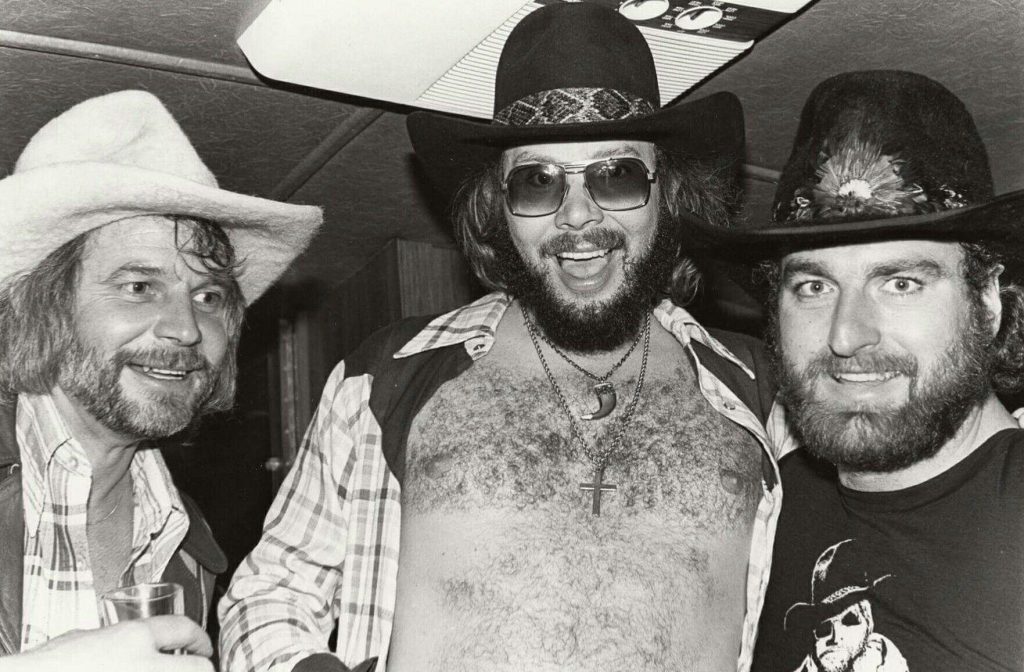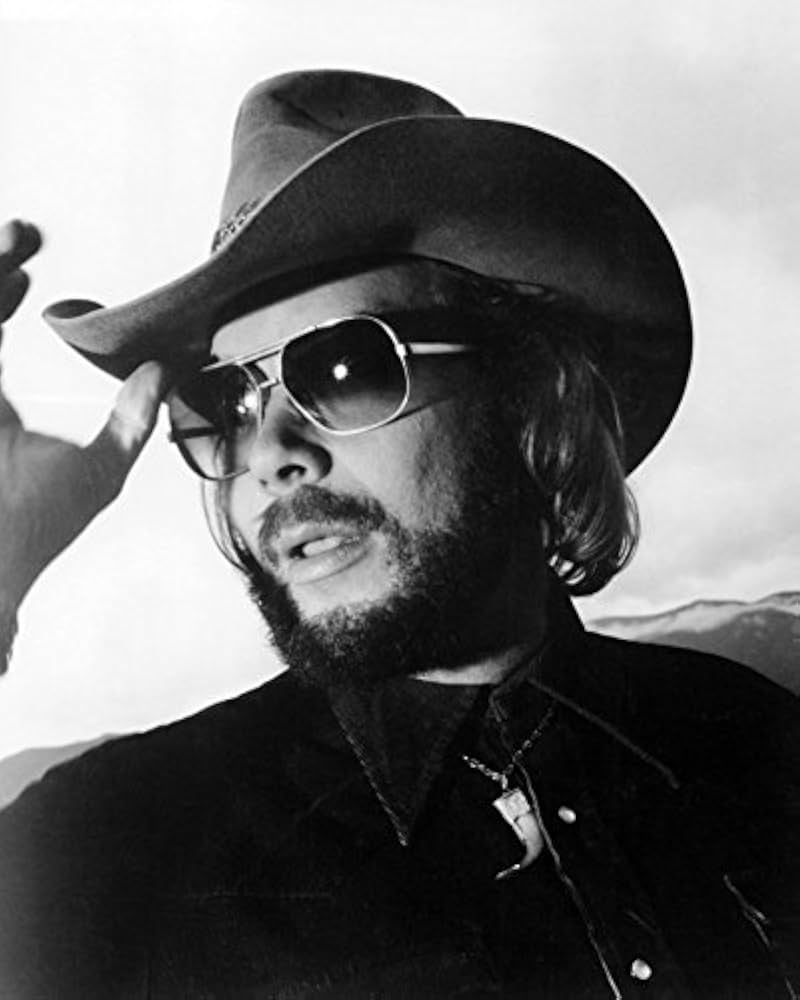
A Melancholic Ode to Heartbreak and Solitude
In the rich tapestry of American country music, few voices resonate with the depth and authenticity of Hank Williams Jr.. His rendition of the classic “Long Gone Lonesome Blues” is a testament to his enduring legacy and profound connection to the themes of heartbreak and solitude. Released as part of his illustrious career, this track stands out as a poignant reminder of the timeless nature of human emotions.
Originally penned by Hank Williams Sr., “Long Gone Lonesome Blues” was first introduced to the world in 1950, quickly ascending to the top of the Billboard Country & Western chart. The song’s success marked a significant milestone, capturing the hearts of listeners with its raw emotional honesty and melodic simplicity. For Hank Williams Jr., covering this iconic track was more than just a tribute to his legendary father; it was an exploration of his own musical identity and a bridge between past and present.
Hank Williams Jr., often navigating the dual shadows of his father’s towering influence and his own burgeoning talent, approached this song with a unique blend of reverence and innovation. His interpretation infuses the original with a fresh perspective, while still honoring the spirit in which it was written. The result is a rendition that feels both familiar and refreshingly new, appealing to audiences across generations.
The story behind “Long Gone Lonesome Blues” is one steeped in personal turmoil and universal longing. It speaks to the pain of separation, the ache of loneliness, and the relentless pursuit of solace that remains just out of reach. These themes are masterfully woven into every line, evoking images of distant trains, empty landscapes, and endless nights spent yearning for what once was. It’s a song that captures the essence of country music’s ability to articulate the complexities of the human heart with striking clarity.
For older listeners, this song serves as a nostalgic journey back to simpler times, when music was a primary means of storytelling and emotional expression. It evokes memories of vinyl records spinning on turntables, family gatherings filled with music, and long drives through open countryside with nothing but the radio for company. There’s a comforting familiarity in Hank Williams Jr.’s voice that invites reflection and introspection.
Moreover, “Long Gone Lonesome Blues” is more than just a piece of music; it’s a cultural artifact that encapsulates an era defined by its struggles and triumphs. It’s a reminder of the power that music holds to transcend time, bridging gaps between generations and offering solace in shared experiences.
In revisiting Hank Williams Jr.’s rendition today, one cannot help but be struck by its enduring relevance. The song continues to resonate because it speaks to truths that remain unchanged by time or circumstance. Whether you’re discovering it for the first time or returning to it like an old friend, “Long Gone Lonesome Blues” offers a poignant reminder of life’s bittersweet beauty—capturing both the heartache and hope that define our shared human experience.
